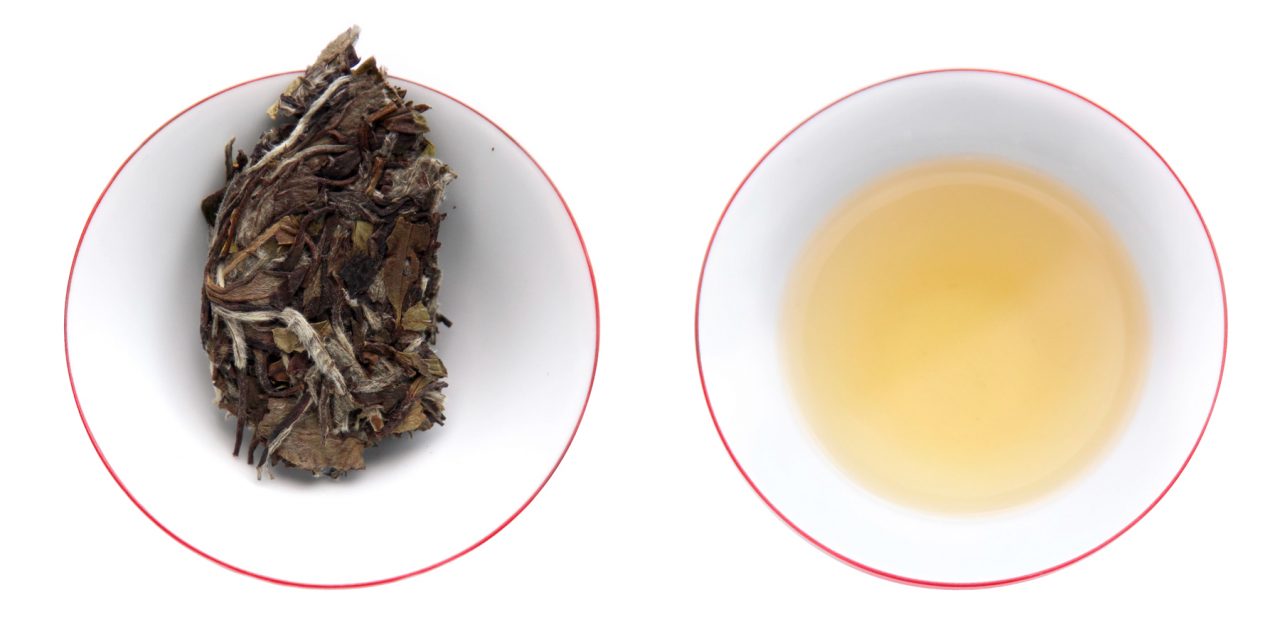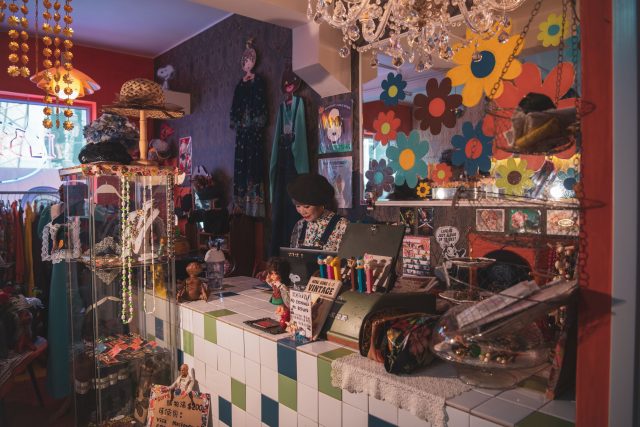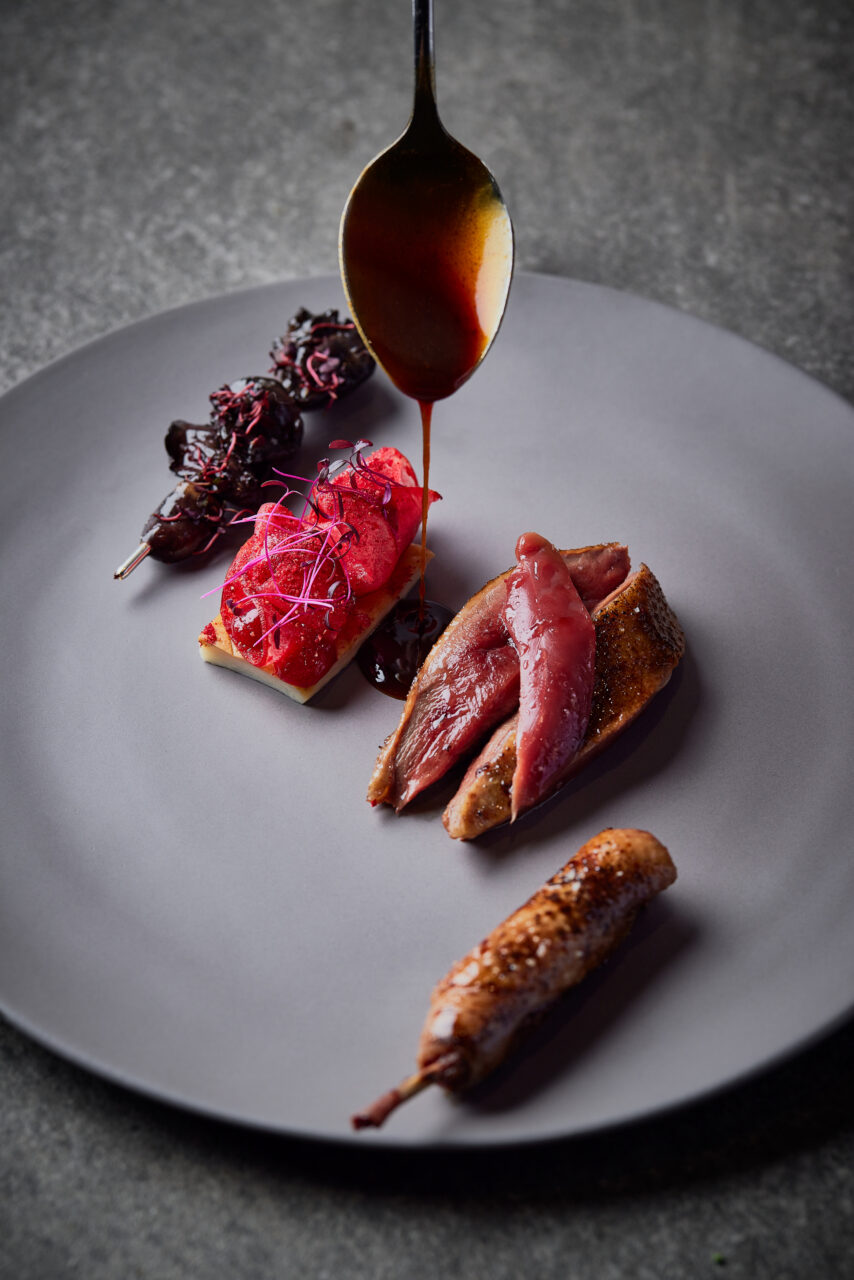The origins of tea date back to ancient China, almost 5,000 years ago when it was first and foremost considered a type of medicine for Chinese people. Today, tea is not only the most-consumed beverage in the world after water, but an age-old ritual deeply connected to culture, health and people. And yet despite Chinese tea being the oldest and richest of tea genres, its mention is found to be sparse in the English-speaking canon. “For various reasons (a very real language barrier being one), Chinese tea is treated as a niche category in the English-speaking world instead of the standard-bearer it deserves to be,” writes Yannie Chan Sin Yan in her book Tea is for Everyone: Making Chinese Tea Accessible, a new publication by Man Mo Media.
One of the benefits of Chinese teas is their healing properties. “Teas are assigned inherent Hanliang (“cooling” 寒涼 Hán liáng) or Shanghuo (“heating” 上火 Shàng huǒ) properties, according to Traditional Chinese Medicine.” As the colder season is upon us, we ask Yannie for three Chinese tea recommendations to keep us warm and well for the winter months.
Tea is for Everyone: Making Chinese Tea Accessible; HK$180 at manmomedia.com
Red Tea: Qimen Hongcha
According to Traditional Chinese Medicine theory, red tea is “warming,” and Qimen Hongcha is one of the best red teas you can get, with a deep and delicate sweetness. This stunning Keemun Xiangluo, for instance, is malty and fruity.
Keemun Xiangluo (祁紅香螺) red tea; HK$230 for 50g at plantation.hk
Photo: Courtesy of Plantation
White Tea: White Peony
While white tea is traditionally deemed as more cooling, aged white tea such as this White Peony Tea Cake is more mellow and has a mild fruitiness and thicker texture that’s particularly comforting on a cold winter day.

White Peony Tea Cake (100) from Fuding, Fujian; HK$380 at plantation.hk
Photo: Courtesy of Plantation
Pu’er: Shu Pu’er
Shu Pu’er goes through a fermentation process called “wet-piling” that makes it a very “warming” tea, which is said to promote circulation and digestive health. Not a fan of the signature musty and medicinal taste of Shu Pu’er? Give this aged Pu’erh a go — the unique rice scent will remind you of a satisfying congee breakfast.
Rice Scent Aged Pu'er (糯香茶化石); HK$198 for 50g at plantation.hk
Photo: Courtesy of Plantation
Editor
Joanna Fu








